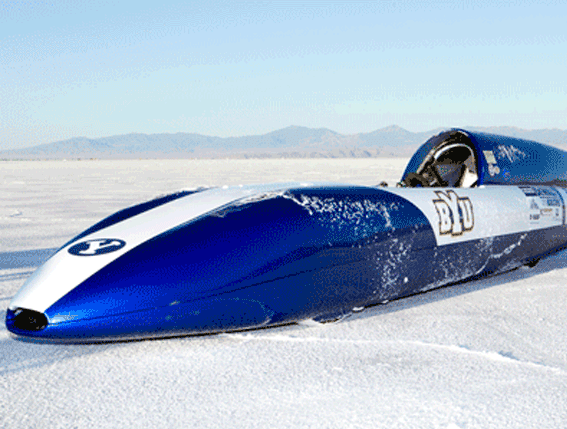Constant demand for improved engine performance has led to an increase in the heat fluxes through vehicle cooling systems, pushing their design to the limit. In agricultural vehicles, especially in specialty tractors where the hood design is very tight, this cooling problem is compounded: the low vehicle speed, higher operating temperatures and the dirty environment all have a negative impact on cooling performance. In this technical article, a CFD study of various designs for four different specialty tractors: two brands of specialty tractors for vineyard configurations, and
two brands of specialty tractors for orchard configurations, are described.
The analysis evaluated the heat flow rate distribution in the hood openings, the flow over the cooling packs and their heat dissipation, as well
as the flows and the temperature in the underhood and over the cabin, in order to improve the overall cooling performance and operator comfort and safety.
The study revealed the strengths and weaknesses in the original design as well as in the subsequent modifications,
allowing the thermal management to be improved prior to prototype testing, speeding up the design process and saving time and money.
CASE STUDY
The adoption of SBES has significantly increased in the last two decades, driven by advancements in computing technology and the rise of Industry 4.0, which promotes nine key enabling technologies, including engineering simulation and big data analytics. SBES is crucial for the integration and automation of production systems, improving flexibility, speed, and quality.
automotive construction energy cfd metal-process-simulation

CASE STUDY
The car is designed to race on the ultra-flat Salt Flats in Bonneville, Utah. The racecar weighs less than 500kg so increasing the downforce was critical. Reducing aerodynamic drag was also critical due to the power requirements of the racecar.
cfd automotive